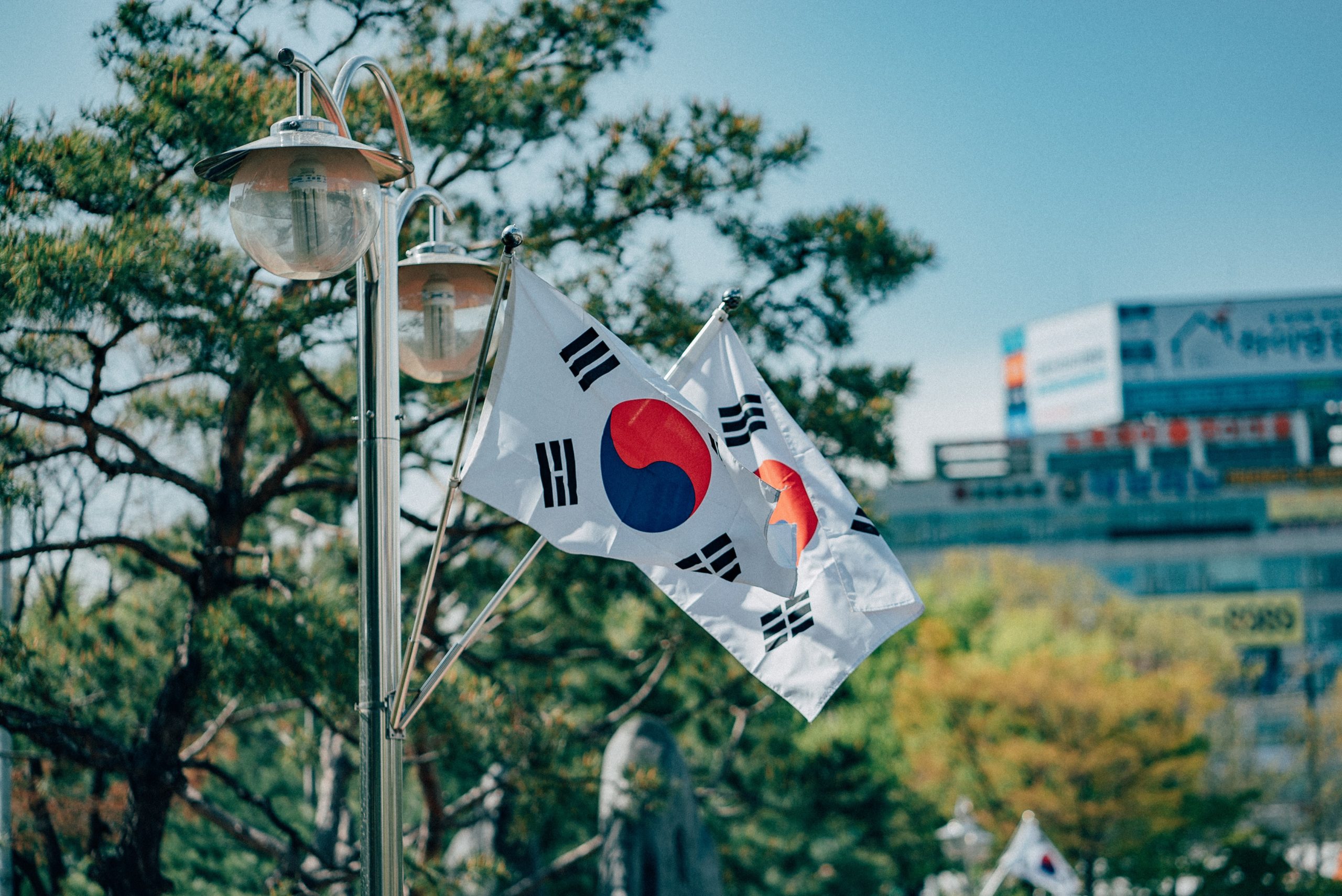

🔬 Research summary by Connor Wright, our Partnerships Manager.
[Original paper by Dongwoo Kim]
Overview: As a self-identified middle power, South Korea’s adequacy for the label is assessed within the context of the fourth industrial revolution. While the country bears the qualities to adopt the title, doing so does not come without its own baggage.
Introduction
What is a middle power? What purpose do they serve? Within this paper, South Korea is evaluated on its self-proclaimed middle power status in the fourth industrial revolution (4IR). Here, a middle power possesses the interest and capacity to work with fellow similar-sized states to strengthen governance. Consequently, their role in governance and how this is looks within the 4IR scene is examined. South Korea’s adequacy for being classed as a middle power is subsequently observed through three criteria, where I then note the challenges associated with such a position. Nevertheless, to begin with, what is their role in governance?
Key Insights
The role of middle powers in governance
Within the governmental sphere, middle powers assume the role of “policy entrepreneurs” (p. 2), starting initiatives in response to global events (such as combating climate change). Through creating such initiatives, middle powers play the role of mediators between the more considerable opposed powers (such as the US and China) to foster the acceptance of such policies. Consequently, middle powers coordinate attitudes of cohesion between these powers, establishing groups of like-minded entities through their mediation and policy efforts. The fourth industrial revolution (4IR) proves a beneficial use case to view such play in action.
The 4IR
An essential part of the 4IR is the increase in connectedness between systems. Consequently, more data is being produced and recorded, making them harder to track, govern and monitor. Moreover, the diminishing control of a nation’s sovereignty accompanies this lack of control. States are pressured to provide environments conducive to such change but are also expected to keep up with regulating the space, which is not always possible.
Subsequently, middle powers can prove a helpful sandbox to how such data policy can look. However, what does it take for a country to be classed as a middle power? In answer to this question, the author proposes three necessary (but not sufficient) and independent criteria to assess whether South Korea would make the cut.
South Korea and becoming a middle power: three criteria
Technology
Middle powers must possess expertise and capacity in current technology for a state to constructively contribute to the technology space. Given South Korea’s technological history and emergence as a technological hub, the country resolutely fulfils this criterion.
Networks
Becoming a middle power is not just about knowing individuals. Instead, their role is to rally like-minded nations and non-state actors (such as in research and industry) to mobilise coordination. Concerning South Korea, its sustained good relationships with both Washington and Beijing, while also bearing strong links with non-state actors, fulfils the criteria yet again.
Governance
The 4IR entails a systemic change that needs to be monitored appropriately by regulation. South Korea’s whole-nation approach to governance allows for strong attention to administrative tasks and building relationships to influence the 4IR effects. Hence, the country passes the third and final test.
In sum, South Korea’s self-proclaimed middle power status is vindicated. Nevertheless, acting as a middle person is not always easy.
Challenges
Through its ties to both Washington and Beijing, South Korea does lose sovereignty over policy to maintain good relations with both sides. A consequence of maintaining these relations could be a focus on the economic side of technology, with the US wanting to sure up its defence against Chinese tech domination. Yet, if economic values are prioritised, then the South Korean Government may receive backlash for not addressing the social issues at hand. As a result, the task of serving as a middle power becomes a balancing act.
Between the lines
South Korea certainly seems to fit the bill for its middle power status. While this allows the country to be a policy initiator and maintain relations in both the West and the East, doing so does come with its own baggage. South Korea’s transition to a developed economy is a fantastic feat. Yet, perhaps a question could still be asked about whether the country would achieve more or less if they were to abandon this position? One thing’s for sure, the 4IR is upon us, and it will give us an answer.
